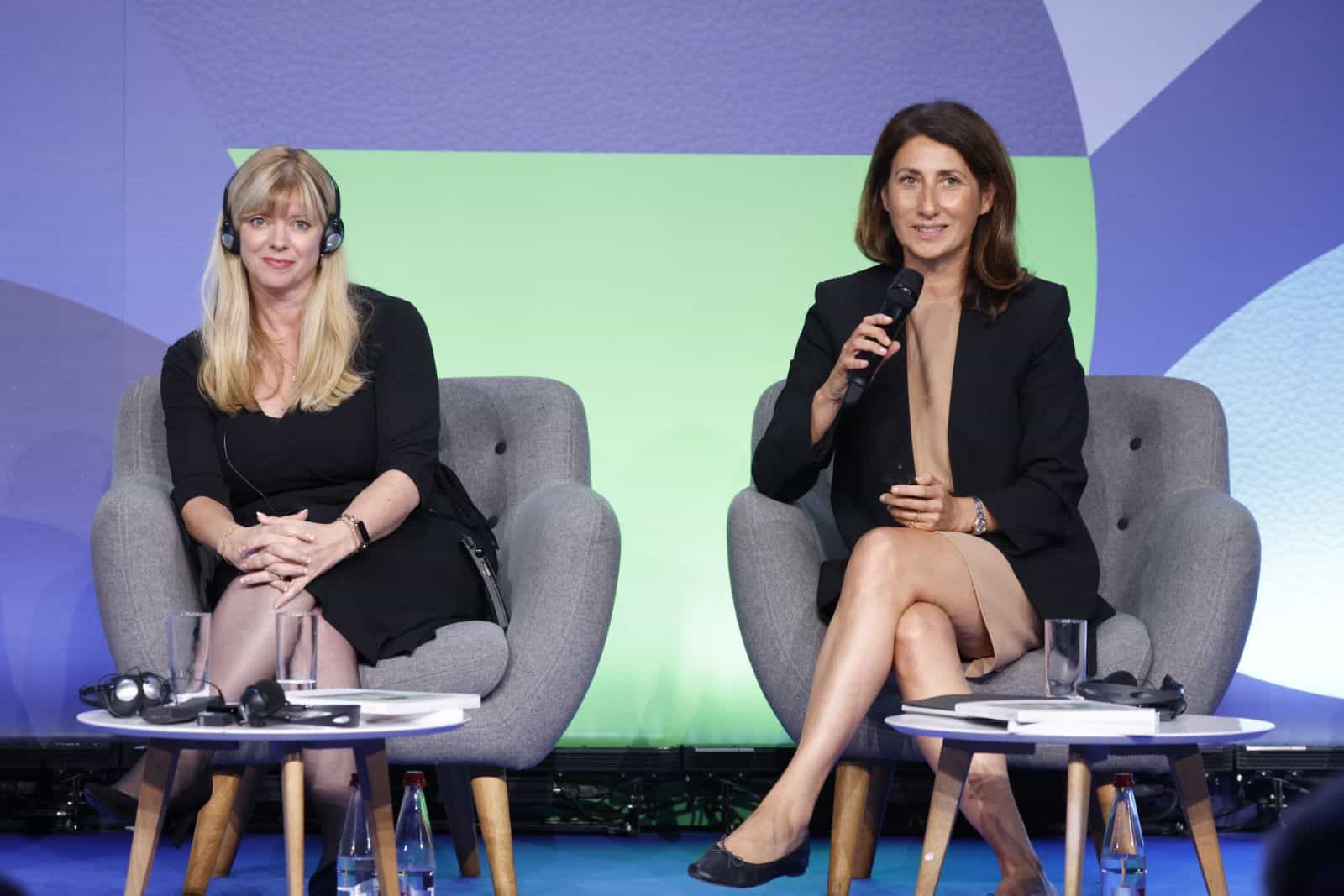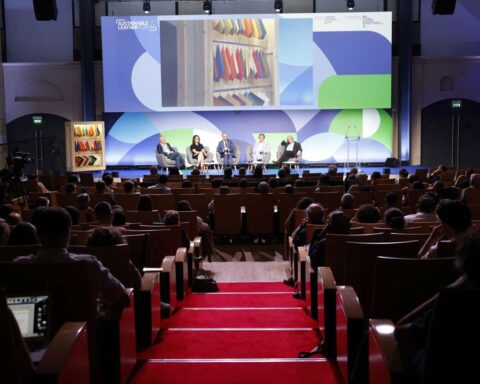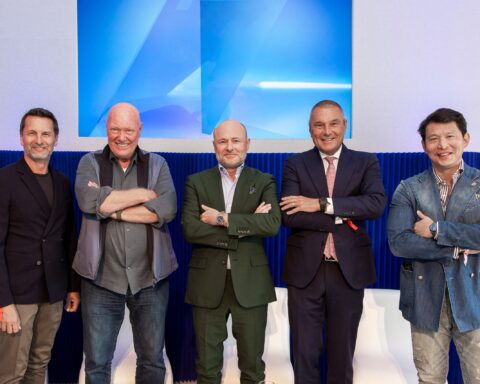The new edition of the Sustainable Leather Forum raised many questions about leather in the fashion, luxury and automotive industries. Among the round tables, the one concerning traceability caught the attention of your magazine Luxus Plus, partner of the event.
Traceability has become a real issue of CSR (Corporate Social Responsibility), which allows to demonstrate its good practices by concrete elements.
Today, consumers want to have more information and be able to identify responsible products.
Among their many questions: where do the raw materials come from? How were the products made? In which factory?
All this has led the leather, shoe, leather goods and fashion industries to increase their transparency.
This central topic was the subject of one of the round tables of the 4th edition of the SLF.
“When there is collaboration between brands and suppliers, traceability and transparency become much easier,” said Maria Teresa Pisani, economic policy officer of the UNECE (the United Nations Economic Commission for Europe) and director of the Sustainable Leather Foundation, summarizing the subject very well.
Before the experts spoke, members of the Veja team presented their brand and the different processes they have put in place. For example, the company has established its own supply chains for rubber and organic cotton. It also made the decision to change its skin supplier. Finally, the firm lowered the share of leather in its offering from 78 to 70 percent.
Traceability experts
Among the experts, Maria Teresa Pisani (UNECE and SLF) then shared The Sustainability Pledge initiative, which aims for measurable and verifiable sustainability in the apparel and footwear sector. This project will make it possible to know the origin and composition of any garment or pair of shoes.
Deborah Taylor, executive director of the Sustainable Leather Foundation, unveiled the results of a pilot project with the Mulberry brand. This toolkit base is intended to allow suppliers and sponsors to exchange information. As the director of the SLF explains, “We must succeed in creating interoperability between players and standards, making communication between the parties easier and more fluid.
Cédric Vigier, CTC’s Director of Innovation and Technology, presented ALIS by CTC, a global solution for leather traceability.
“ALIS by CTC est une solution globale de traçabilité des cuirs avec marquage laser et lecture automatique par vision industrielle et IA/Deep Learning” Cédric Vigier @CTCGroupe #SLFParis2022 pic.twitter.com/XxGLSlzx2l
— Conseil National du Cuir (@CNC_France) September 12, 2022
All these presentations illustrated the many experiments underway in the industry to advance a traceability called for by consumers.
Read also >4th Sustainable Leather Forum : focus on leather in the automotive industry
Featured photo : ©Presse











